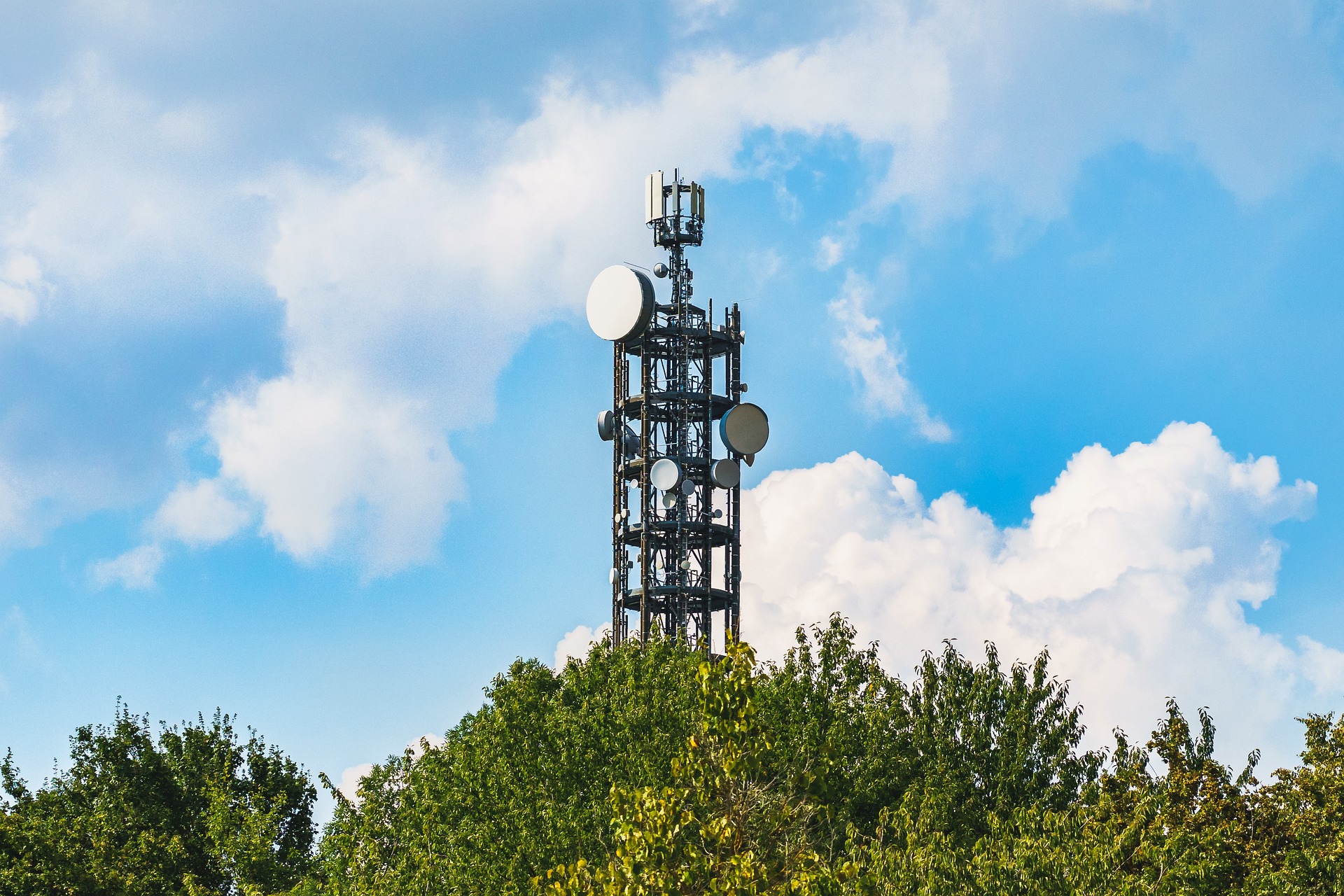Speaking Their Language - The Impact of Emotional Communication in Healthcare
Ever wondered how your emotional bond with your healthcare provider can influence your overall health outcomes? In this fascinating journey into the realm of emotions in healthcare, we unravel evidence, insights, and perspectives that put a fresh spin on patient-healthcare provider dynamics.

The Dawn of Emotional Communication in Healthcare
The foundations of medicine were laid thousands of years ago when humanity realized that illness required more than just folk remedies; it required an understanding of the human body. As medical knowledge expanded, the importance of empathy and effective communication in healthcare crept into the picture. Evidence over the years indicates that the emotional connect between a health professional and the patient plays a pivotal role in treatment success rates.
Modern Healthcare and Emotion
Healthcare today is in an era of patient-centered care where the emotional intelligence of healthcare providers has taken center stage. Emotional intelligence is the ability to empathize, relate, and understand patients, leading to stronger emotional bonds and better health outcomes. Research shows that emotionally intelligent healthcare providers help enhance patient adherence to treatment plans, fostering faster recoveries.
Unlocking the Benefits and Challenges
While the impact of emotional communication may come across as intangible and subjective, it holds significant sway in influencing patient-healthcare provider relations. Emotional intelligence helps healthcare providers to foster trust, empower patients, and build stronger relationships. However, the challenges include providing emotional support in high-stress medical scenarios and balancing professionalism with empathy.
Exploring the Scientific Credibility
Studies suggest that healthcare providers who display higher emotional intelligence tend to have better relationships with their patients, often resulting in improved health outcomes. Further, research also indicates that emotional intelligence training for healthcare professionals can make a tangible difference in patient satisfaction levels.
Fresh Perspectives
As patients increasingly look for personalized care experiences, the emphasis on emotional intelligence in healthcare settings, from the doctor’s office to a physiotherapy session, only gets magnified. The art of emotionally engaging with patients enhances the holistic healthcare experience and moves it from beyond just treatment to complete well-being.
Insights into the Effect of Emotional Intelligence in Healthcare
- Emotional intelligence aids in forging stronger bonds between healthcare providers and patients, leading to better health outcomes.
- Providers with higher emotional intelligence are more likely to understand patient needs and design personalized treatment plans.
- Emotional intelligence training for healthcare professionals can vastly improve patient satisfaction rates.
As we wrap up, it’s clear that emotional communication is far more than a soft skill for healthcare providers—it’s an essential part of a modern, holistic healthcare approach. With exciting research advancements unfolding, this emotionally intelligent approach shows immense promise for the future. Tailoring healthcare solutions with a touch of empathy might just be the revolution in wellness we’ve been waiting for.




